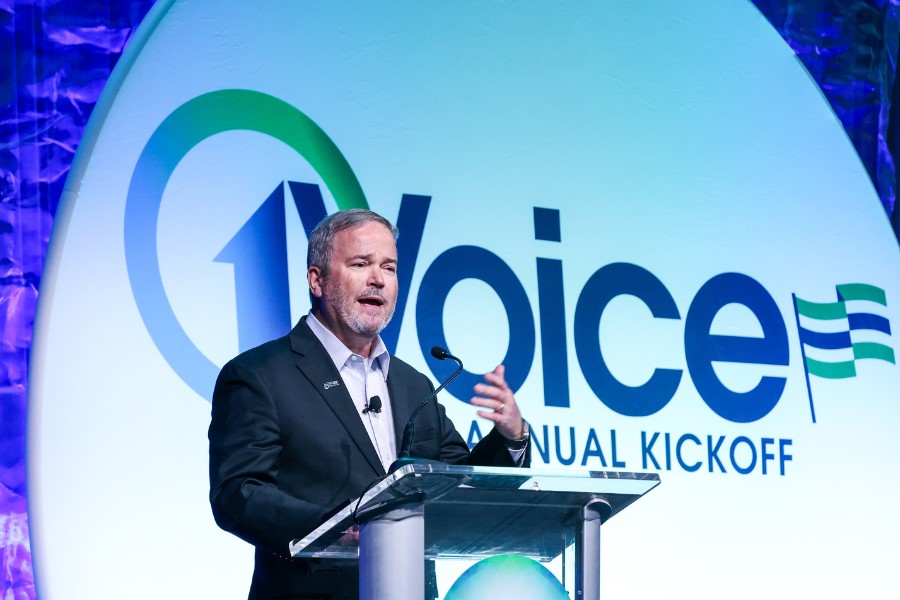

The Financial Services Institute released a plan Tuesday that it says will enable the SEC to avoid penalizing financial firms and advisors for violating federal securities laws when the alleged perpetrators don’t know they’ve done anything illegal.
For many years, FSI and other industry trade associations have accused the Securities and Exchange Commission of so-called regulation by enforcement. That occurs, they say, when the SEC takes an enforcement action without giving fair notice that the behavior it's targeting is out of compliance with the agency’s rules.
For instance, financial industry critics of the SEC’s ongoing crackdown over inadequate disclosure of mutual fund fees say the regulator didn't explain that long-time industry practices in the area were violations. The SEC has maintained that advisors are violating their fiduciary duty to clients when they fail to tell them they are recommending high-price share classes when less expensive ones are available in the same fund.
In a white paper released Tuesday, FSI outlined policies and procedures the SEC should adopt to prevent regulation by enforcement. Before any “first of its kind enforcement action,” the SEC should consider whether there has been “reasonable and fair notice to both the subject of the enforcement action and to other potentially affected parties” through rules, guidance, public statements and reports, the paper states.
The white paper also recommends that the SEC obtain feedback from potentially affected firms and their representatives, such as trade groups, regarding the effect of the policy spurring the enforcement action. The agency also should consider alternatives to enforcement, such as rulemaking or risk alerts. The SEC has received the white paper, FSI said.
“We believe these changes should be uncontroversial and consistent with policy interests of the commission,” Robin Traxler, FSI senior vice president and deputy general counsel, told reporters during the organization’s OneVoice conference in Orlando, Florida. “In our democracy, no one should be subject to government agency enforcement action without prior fair notice of the standards, rules or laws that form the basis of the alleged violation.”
An SEC spokesperson declined to comment on FSI’s recommendations. She pointed to a speech given last fall by SEC Chair Gary Gensler in which he addressed major enforcement actions, such as the agency’s crackdown on record-keeping violations involving financial firms’ use of off-channel communications.
“Some may call high-impact cases regulation by enforcement,” Gensler told the Securities Enforcement Forum in October. “I call it enforcing the laws and the regulations that are on the books.”
Several years ago, Steve Peikin, then the co-director of the SEC’s Division of Enforcement, said he didn’t understand industry criticism of the share-class-selection enforcement initiative. Failure to disclose 12b-1 and other mutual fund fees is a clear violation of fiduciary duty, he said at a 2019 conference. Most of the violations occurred in advisory accounts of clients at dually registered financial firms.
But an FSI official said the organization’s members, who are independent broker-dealers and financial advisors, were blindsided by the share-class initiative because they were disclosing fund fees.
“They used language which was standard industry practice and had been for years,” said David Bellaire, FSI executive vice president and general counsel.
Pushing back on what it thinks is regulation by enforcement is one of FSI’s policy priorities this year. Another is opposing a Department of Labor rule on independent contractors that the group believes threatens the advisory business model of its members. FSI also is pushing DOL to withdraw an investment advice proposal that it says imposes too costly a regulatory burden.

The looming threat of federal funding cuts to state and local governments has lawmakers weighing a levy that was phased out in 1981.

The fintech firms' new tools and integrations address pain points in overseeing investment lineups, account monitoring, and more.

Canadian stocks are on a roll in 2025 as the country prepares to name a new Prime Minister.

Carson is expanding one of its relationships in Florida while Lido Advisors adds an $870 million practice in Silicon Valley.

The approval of the pay proposal, which handsomely compensates its CEO and president, bolsters claims that big payouts are a must in the war to retain leadership.
RIAs face rising regulatory pressure in 2025. Forward-looking firms are responding with embedded technology, not more paperwork.
As inheritances are set to reshape client portfolios and next-gen heirs demand digital-first experiences, firms are retooling their wealth tech stacks and succession models in real time.
